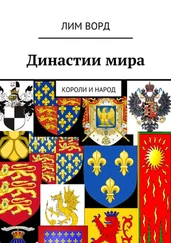Nero’s policy of reducing taxes brought him popular popularity. But, after the death of Agrippina, the emperor falls into depression, loses his former administrative grip. Restoration of Rome after the fire, the construction of the Golden Palace an area of a kilometer and a half (with a giant pool-pond in the middle), digging a canal across the Isthmus of Corinth, as well as constant orgies drain the treasury. Legions rise in the provinces, and on one remarkable morning Nero does not find in his palace any of the Praetorian guards. The emperor runs to the country house, realizing that everything is over, asks a freedman to help him commit suicide. The last phrase of Nero – «what an artist dies» – «Qualis artifeh pere».
Next come the brutal but well-made emperors Titus and his son Vespasian (suppressed the uprising in Judea), Vespasian’s younger brother, Domitian, deified himself and family members, persecuted the Stoics and Christians, killed by his own servant for the execution of Nero’s assistant in suicide.
After the Emperor Galba, the «Golden Autumn of the Empire» comes, five worthy rulers come to power – Trajan, Adrian, Antoninus Pius, Lucius Ver and Marcus Aurelius. After them, the epoch of «soldier emperors», chosen by the troops and the Praetorian guard, opens. The coming to power in 323 of Constantine the Great, the victorious competitor, one of such soldiers’ choices marks the transition of the state to Christianity. Forty years later, Julian (the Renegade) is trying to reanimate paganism, he calls on the priests of Jupiter to be as pious as the Christian priests, but these efforts prove to be useless. The last emperor – Romulus Augustul, still a boy, sent to the exile by the German leader Odoakr; He knows little about his fate, except that he may have become a monk. Year 476 is considered the last year of antiquity, although Odoakr ruled the remnants of Western Rome – Italy and part of Gaul by formal permission of the emperor of the Eastern Empire.
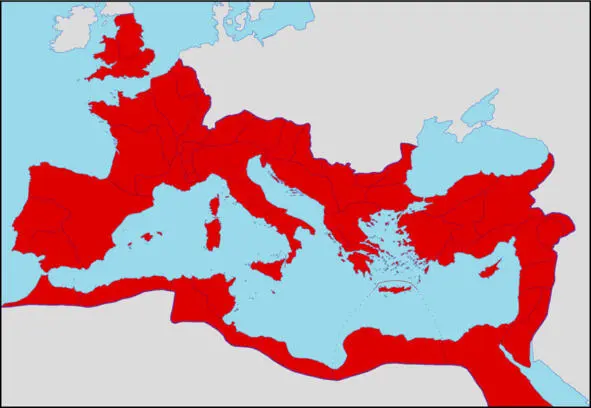
1
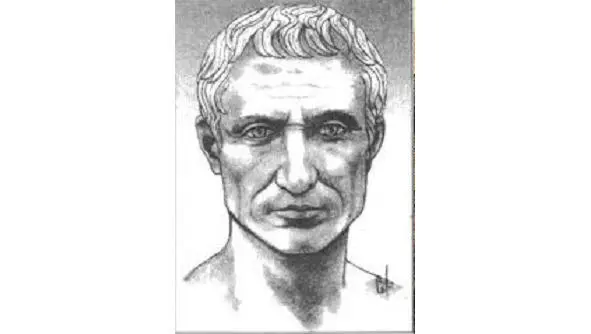
2
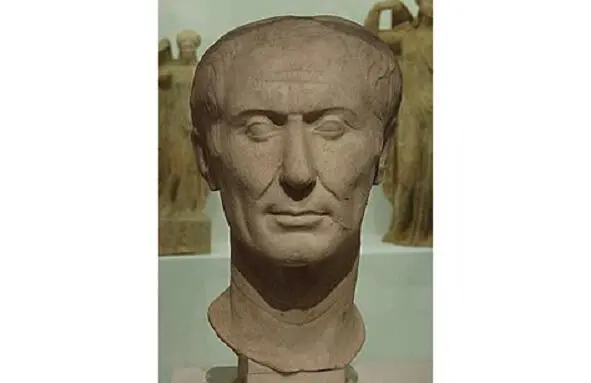
2а
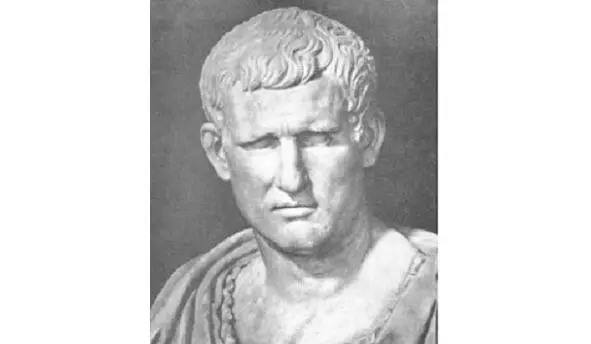
3
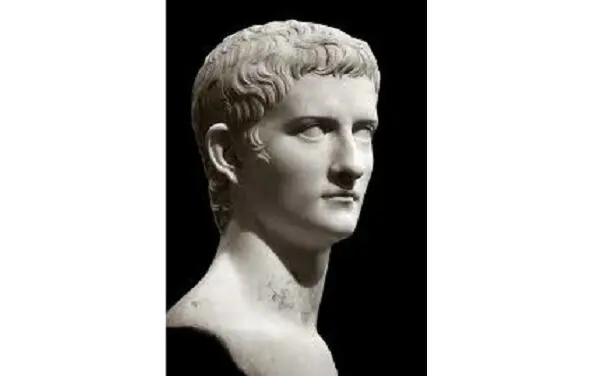
4
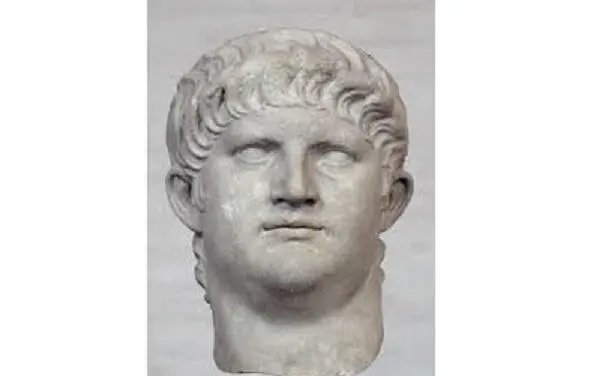
5
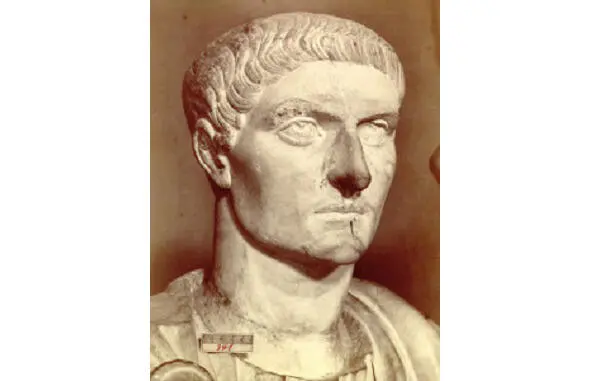
6
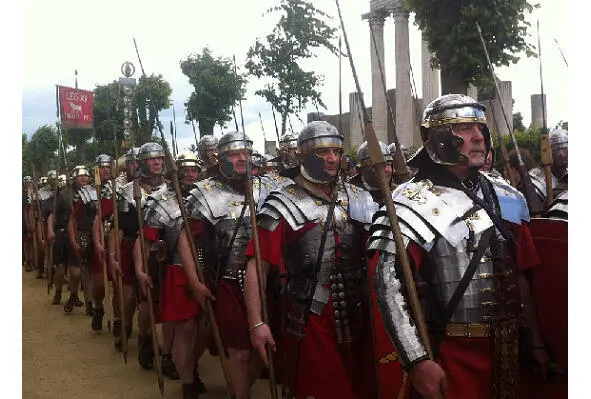
7
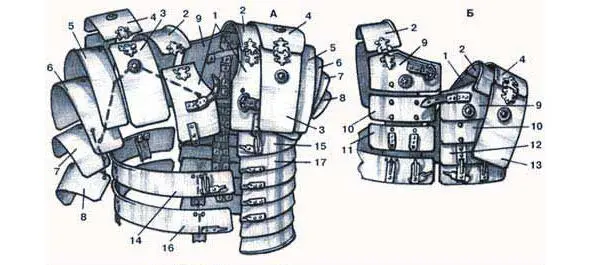
8
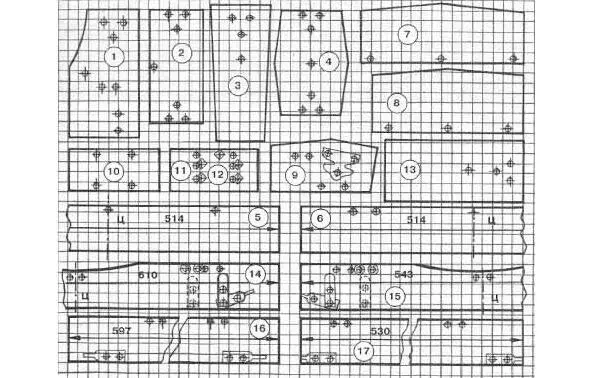
9
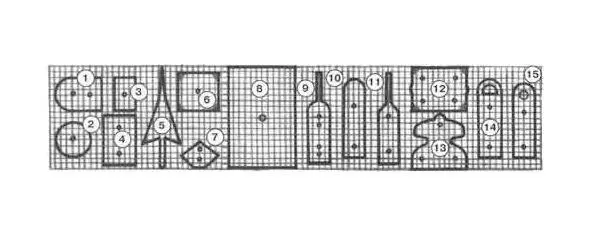
10
1. The Roman Empire of its heyday (around 177 AD). Since 180, the death of the last worthy emperor of the era of the Golden Autumn of the Empire, Marcus Aurelius, in fact, the era of the legendary Antiquity, spectacular productions, is coming to an end. Rome is waiting for the extinction of the old institutions of power, a series of defeats, the loss of the sense of the existence of a superpower and a change of religion.
…Spartacus (Latin Spartacus), 110—70 years old. BC, the leader of the risen gladiators in the territory of modern Italy. No images; by the decision of the Senate, the Romans tried to forget memory (Damnatio memoriae – damnathio memorial) about such an amazing and unpleasant event for them.
In the youth of great Rome, (fifth-second century BC), slaves (servus) are quite rare, sometimes they have the status of family members. The second-first centuries BC, the beginning of a new era, are marked by an increase in the number of prisoners of war, as well as debtors from provinces unable to pay a high Roman tax, usurious interest, and also receiving an appropriate stigma. Over time, the ratio of the number of free people to servants in Italy is 2.5: 1, in the whole of Rome about 10: 1, and the situation of the latter is substantially deteriorating. Still, in many cases slaves have a hope of improving their situation, a free certificate from the master, his family name and further, practically unlimited movement on the social ladder. At least two emperors of Rome, at the beginning of their career, were ordinary slaves. Such an institution of ascent allows you to cut off unnecessary national ambitions (i-de marcoman, cimbri, volsk, frank, etc., my tribe is the best, the rest are worthless) and create – a trader, architect, military leader, teacher – patriots of great Rome.
The price of a slave in the first century BC. is 4—400 denarii, depending on the degree of success of the last war. At the same time, the daily salary of a legionary is 1 denarius, (otherwise, 4 sesterces or 16 asses at a time), including bonuses; for this amount you can buy 20 loaves of bread, or, at your option, 4 liters of ordinary wine, or a liter of beautiful Falern.
If you count on gold, whose price, as an opportunity to purchase basic material goods, surprisingly, almost unchanged, the soldier earns 35,000 rubles a month (2016).
Gladiator games last until the reign of the last emperor of the integral Roman Empire – Flavius Theodosius (370—395). The very institution of slavery comes to naught gradually, with a general softening of the morals of slaveholders and lawyers – usually taking the side of oppressed servs. But, alas, the baton of this low phenomenon is intercepted by serfdom. Under Diocletian (284—305) a law is issued, attaching peasants – both colonies (tenants) and landowners, as well as artisans (blacksmiths, merchants) or to the place of residence, or to a certain profession that is now inherited.
2, 2a. Gaius Julius Caesar (Latin Gaius Iulius Caesar), 100—44 BC. Ancient Roman statesman, dictator, great pontiff (lit. «The builder of bridges»), high priest. Representative of the patrician class. In his youth he avoids the unleashed Sulla, the civil war, and also the execution, as a relative of one of the enemies of this dictator. It is not known for certain whether Gaius Julius participated in suppressing the uprising of Spartacus; according to some reports, he, a military tribune (one of six in the legion, ruling for two months), prepared recruits. 63 BC. – thanks to connections, popularity and money, young Caesar becomes a great pontiff. 60 BC. – the creation of a triumvirate («union of three husbands»); Pompeii-Crassus-Caesar. 58 BC. – the beginning of the Gali war; it kills about a million Gauls (including civilians). 49 BC. – the beginning of the civil war in ancient Rome; Caesar and ambition, against Pompey and the corrupt Republic. 45 BC. – Battle of Mund (Spain), the hardest of all, conducted by Caesar. The 30,000 rebellious Pompeians are killed, the dictator for the first time in history holds a triumph after the victory of the Romans over the Romans. In the same year on coins for the first time appears the image of a living person – of course, Caesar.
Читать дальше

















